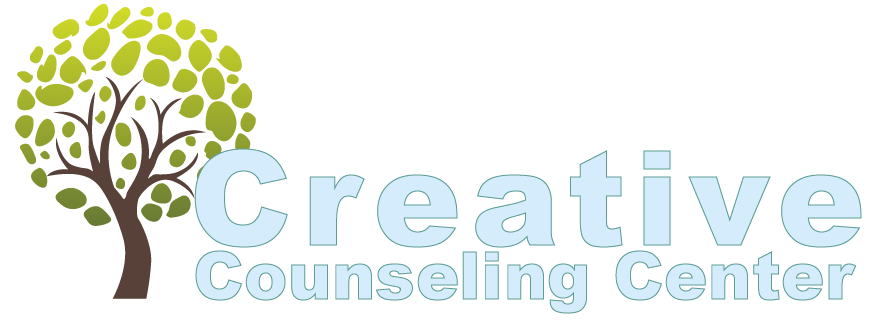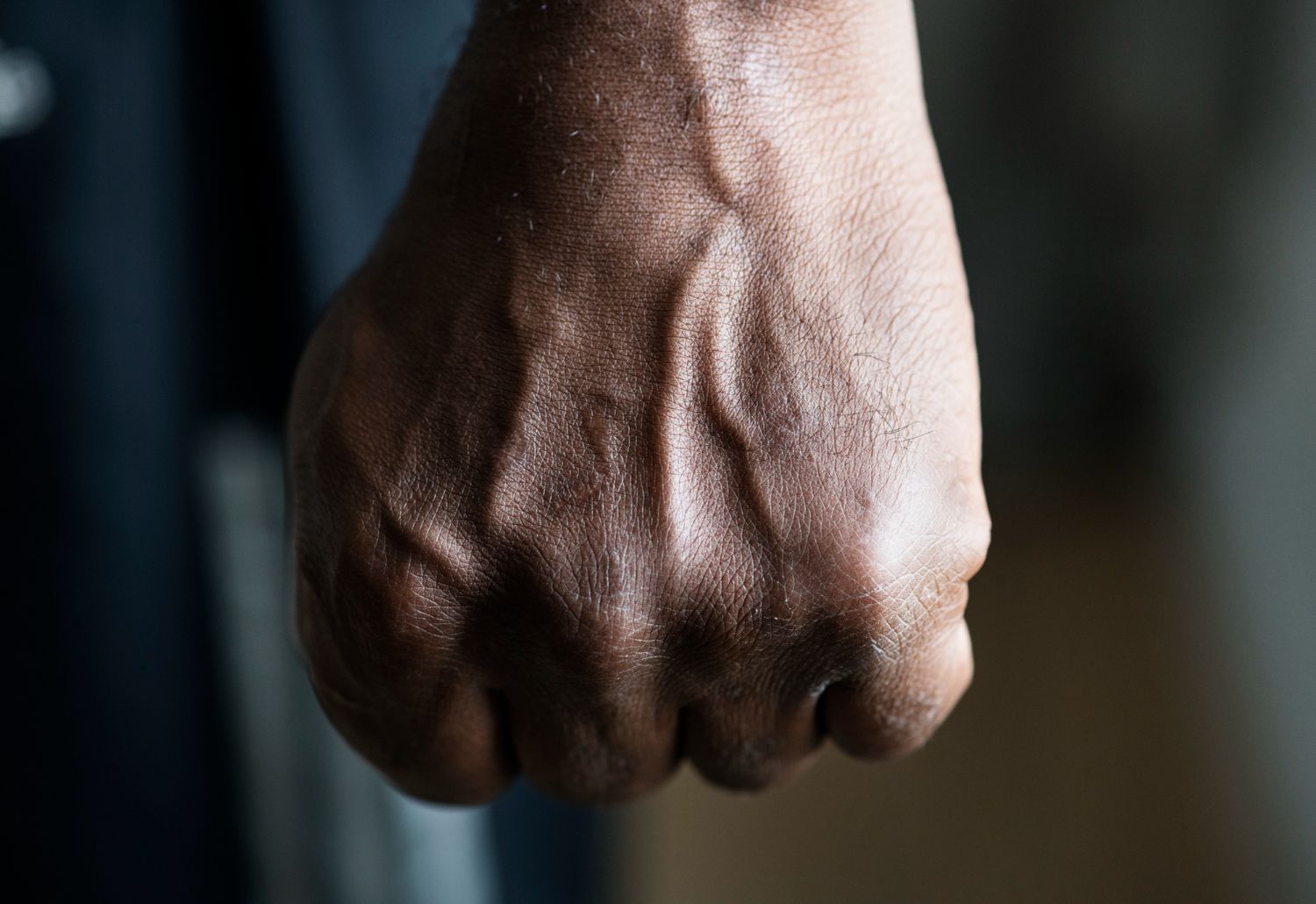Suicide Awareness & Prevention | What to Look For & How to Help
Anthony Bourdain. Kate Spade. Robin Williams. Kurt Cobain. Alexander McQueen. Chris Cornell. Avicii. There are dozens of celebrities who have taken their own lives, garnering the undivided attention of the media and an overwhelming wave of public mourning. But for every one celebrity suicide, there are literally hundreds of normal, everyday people—friends, family, classmates and coworkers—who take it upon themselves to end their own lives.
The American Foundation for Suicide Prevention estimates that there are 123 suicides every day in the United States alone, but these stories aren’t making headlines. They’re just leaving friends and family members devastated, wondering what they could have done to prevent the tragedy, blaming themselves, blaming each other, and confused about why they never saw it coming.
People rarely talk openly about suicide. Until it happens to a celebrity. When Robin Williams committed suicide in 2014, we watched our Facebook News Feed fill up with posts from family and friends: if you’re in pain, please talk to someone; suicide is a permanent solution to a temporary problem. And within a few days, the topic has been forgotten about and our News Feeds returned to the usual memes with angry cats and Kermit the frog.
Now, with Anthony Bourdain and Kate Spade’s untimely deaths fresh in our minds, it’s time to really start talking about suicide. Of course, mental health and suicidal depression isn’t a black and white subject. There is no one cause, and there is no single “fix-all” solution.
Suicide warning signs range from the most obvious to the most mundane, and include:
• Talking about suicide or wanting to die <b/r> • Searching for ways to commit suicide • Feelings of hopelessness or pain • Feelings of having no purpose in life • Feeling trapped • Talking about being a burden to others • Alcohol or substance abuse • Anxiety, heightened agitation or recklessness
• Inconsistent sleep patterns • Withdrawal and isolation • Expressed rage, or talking about revenge • Mood swings • Giving away prized personal belongings • Visiting friends and family members, as if to say goodbye
Untreated depression or active drug and alcohol addiction can oftentimes evolve into suicidality, and, unfortunately, there are situations where, no matter how much help we offer, we cannot prevent it from happening. But we can try.
Some ways you can step in and try to help someone you’re concerned about include:
1. Speaking up: Start a conversation. Yes, it’s going to be awkward. Yes, you’re going to feel uncomfortable. But if it could prevent someone from committing suicide, then it’s worth doing. Be direct, be yourself, and let the person know you care, and that he or she is not alone.
2. Have a plan: If you feel a person is at immediate risk of suicide, do not leave them alone, try to remove potentially lethal objects—guns, knives, pills, etc.—from your surroundings, and call a local crisis center or 911.
3. Offer help and support: Encourage your friend or family member to seek professional help through counseling, or to speak with a mental healthcare provider. If they are prescribed an antidepressant or other medication, follow-up and ensure he or she is taking it properly. Follow-up with your friend—just because you ask them to call if they need help doesn’t mean they will. Be proactive and check in with them regularly. Finally, be a beacon of positivity in their life. Try to engage them in physical activity and encourage them to eat a healthy diet.
When a celebrity commits suicide, it’s devastating. But it’s also devastating when it happens to the girl next door, a teacher at your school, the man who pours your coffee, or the guy who sits a few desks down at your office. Knowing the signs and how to step in and help are the first step in preventing more self-inflicted deaths. Let’s try to keep the conversation going this time. Celebrity suicides happen every few years, but suicide happens 123 times every day.
Contact Creative Counseling Center
If you or a loved one is struggling with depression, substance abuse, or any other mental health issue, contact Creative Counseling Center. Our counselors are the most highly-rated in Denver. We would love the opportunity to help you work through whatever it is you’re struggling with. Use the contact form below to request a free phone consultation and find out if we’re a good fit for your needs.
Contact Us
We will get back to you as soon as possible.
Please try again later.

ABOUT THE AUTHOR
Teri Karjala is a Licensed Professional Counselor & Marriage and Family Therapist. She is the founder and Executive Director of Creative Counseling Center, LLC. Working in the field since 1999, Teri and her team of therapists specializes in counseling for those who have experienced trauma. They work with children as young as age 2, as well as teens and adolescents, adults, seniors, families, and couples.
REQUEST A FREE CONSULTATION
If you have questions about counseling, would like to find out if counseling could help you or a loved one, or are interested in learning more about our services, just complete the brief form below to request a Free Phone Consultation. A member of our team will contact you shortly. After a brief conversation, we'll determine together whether our practice is right for you and which therapist may be best suited for your specific circumstance.
Finding the right therapist, one you click with, is less about the therapist's experience and qualifications and more about the therapist's personality. So let's talk. Let us match you with a therapist you have a high likelihood of clicking with.
Fields marked with an * are required.
Contact Us
We will get back to you as soon as possible.
Please try again later.
GET SOCIAL WITH US
CONNECT WITH US
PHONE
EMAIL US
ADDRESS
6021 South Syracuse Way, Suite #216
Greenwood Village, CO 80111
OFFICE HOURS
Monday-Thursday: 8:30am-8pm
Friday: 12pm-5pm
Saturday: 12pm-4pm



